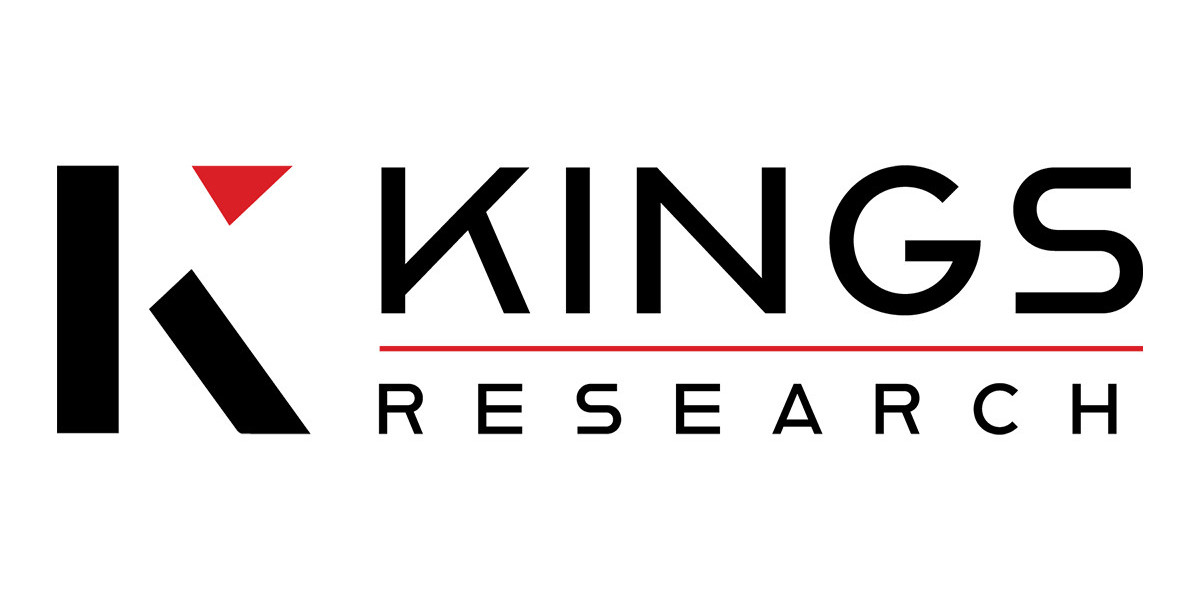In today’s digital-first healthcare landscape, revenue management is no longer just about billing and collection. It is a strategic process requiring precision, compliance, and agility. The healthcare revenue cycle (HRC) involves complex stages from patient registration to claim reimbursement. Any disruption across these stages can lead to financial loss and regulatory risks.
To address this challenge, healthcare IT consulting firms have emerged as essential partners. Their role is not limited to providing technical support but extends to transforming entire systems to make them faster, compliant, and revenue-focused. This blog explores how IT support and consulting can unlock greater financial value in the healthcare revenue cycle.
Understanding the Healthcare Revenue Cycle
The earning cycle in healthcare encompasses a succession of key administrative and clinical operations that contribute to capturing, managing, and collecting patient service fees. A few core components include:
- Patient scheduling and pre-registration
- Eligibility verification and insurance authorisation
- Clinical documentation and coding
- Claims submission and payment processing
- Accounts receivable follow-up
- Denial management and appeals
The stakes are high — especially for NHS providers and private healthcare organisations working under tight budgets and regulatory scrutiny.
Key Challenges Faced by Healthcare Providers
Many healthcare organisations face system gaps that healthcare IT consulting firms can effectively resolve.
- Fragmented legacy systems that do not integrate seamlessly
- Delays in billing and claim submission
- Inconsistent or incorrect coding
- Difficulty tracking performance metrics and KPIs
- Increased vulnerability to cyber threats and data breaches
How IT Consulting Transforms the Revenue Cycle
Healthcare IT consulting firms offer a structured approach to identifying inefficiencies and recommending the right solutions. Their expertise lies in understanding clinical workflows, integrating digital systems, and ensuring regulatory compliance — all of which are crucial for improving revenue management.
- Process Mapping and Gap Analysis
- Identification of manual touchpoints prone to errors
- Recommendations for automation and digital transformation
- System Integration
- Synchronisation of Electronic Health Records (EHR), billing, and scheduling systems
- Unified dashboards for real-time monitoring
- Technology Implementation
- Deployment of Revenue Cycle Management (RCM) tools
- Introduction of AI-based coding and denial prediction software
- Training and Support
- End-user training for clinical and billing staff
- Post-deployment support and system updates
- Regulatory Compliance
- Ensuring systems align with NHS, GDPR, and other local guidelines
- Secure handling of patient data
Automation and Artificial Intelligence in Action
One of the fastest ways to unlock value is through automation. Repetitive tasks such as claims processing, coding, and payment posting can be handled more accurately and efficiently by machines.
Examples of Automation in the Healthcare Revenue Cycle:
- Robotic Process Automation (RPA)
- Automated data extraction from EHRs
- Claim creation and validation
- AI-Powered Medical Coding
- Automatic assignment of CPT/ICD codes based on documentation
- Reduction in coding errors and rework
- Virtual Assistants
- Support for patient pre-authorisation and scheduling
- Voice-to-text conversion for clinicians
Healthcare IT consulting firms play a critical role in deploying these tools securely and cost-effectively, ensuring they align with existing systems and user workflows.
Strengthening Cybersecurity in Revenue Operations
As more revenue cycle processes move online, cybersecurity becomes an essential pillar. A single breach can cost millions and erode patient trust.
IT Consulting Contributions to Cybersecurity:
- Network assessments and penetration testing
- Implementation of multi-factor authentication (MFA)
- Encrypted data storage and secure access protocols
- Incident response planning and staff training
- Compliance audits and GDPR alignment
Providers who have leveraged reliable IT support in Hertfordshire have noted a significant reduction in vulnerabilities and audit failures, translating directly into operational stability and long-term revenue protection.
Aligning Cost Efficiency with Long-Term Value Creation
In reality, the return on investment often outweighs the initial cost — especially in healthcare, where improved claim turnaround, error reduction, and patient throughput result in significant gains.
Key Value Drivers:
- Reduced rework and claim rejections
- Increased first-pass claim acceptance
- Optimised staff allocation through automation
- Better visibility into financial KPIs
- Higher patient satisfaction through seamless digital experiences
By partnering with healthcare IT consulting firms, organisations can shift from reactive revenue practices to proactive strategies that ensure sustained growth and resilience.
Improving AR Days with IT Consulting
A private healthcare provider in the UK, facing mounting accounts receivable days and a spike in claim denials, collaborated with an IT consulting firm. The consultants implemented:
- An AI-based denial management tool
- Automated charge capture integrations with the EHR
Within 6 months:
- Accounts receivable days dropped from 68 to 39
- First-pass claim acceptance rose by 22%
- Manual rework was reduced by 47%
- Patient billing queries dropped significantly
This transformation wasn’t driven by replacing staff or increasing billing hours — it was achieved through smart digital strategy and process improvement.
The Future of IT-Driven Revenue Cycle Management
As technology advances, the healthcare revenue cycle will become more patient-centric, transparent, and digital. Key emerging trends include:
- Cloud-native RCM platforms
- Self-service patient billing portals
- Value-based reimbursement models
- Blockchain for claims verification
- Remote revenue cycle teams enabled by virtual desktops
Healthcare organisations that act now to modernise their revenue cycle systems with expert IT support will be better positioned to thrive in this evolving environment.
Leveraging Data and Analytics for Better Outcomes
A powerful benefit of IT support in Hertfordshire and beyond is the ability to collect, clean, and analyse data to drive decisions. Many healthcare providers sit on large amounts of data but fail to use it effectively.
Benefits of Data-Driven Revenue Cycle Optimisation:
- Reduced claim denials through pattern recognition
- Improved charge capture by identifying missing services
- Faster payment cycles by predicting payer response times
- Better staff productivity with performance analytics
- Increased transparency for leadership and auditors
With the right business intelligence tools, organisations can monitor KPIs such as average days in accounts receivable, clean claim rate, and first-pass resolution rate — all essential for tracking financial health.
Conclusion
The intersection of technology and healthcare finance is creating new opportunities for efficiency, compliance, and profitability. Whether you're managing an NHS Trust or a private medical group, investing in IT consulting can unlock measurable value throughout the revenue cycle. By working with experienced professionals offering IT support in Hertfordshire and beyond, providers can streamline operations, enhance security, and boost financial outcomes. Renaissance Computer Services Limited has supported numerous healthcare organisations in their digital journey — enabling them to manage costs, reduce revenue leakage, and build systems that scale with future demands.



